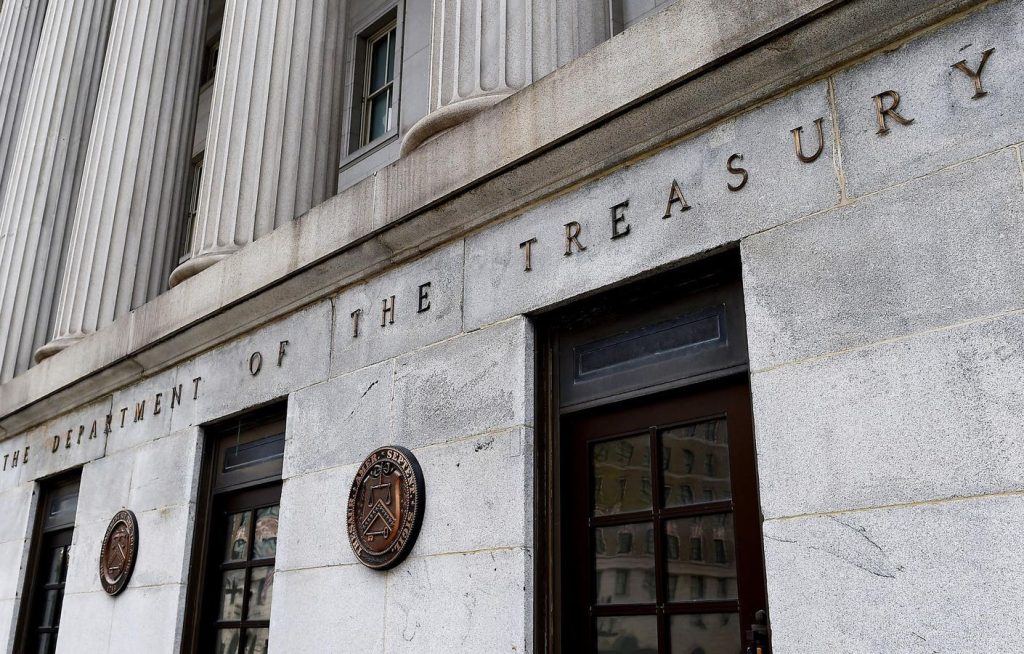Fixed-income investing has gained traction recently as yields have surged to levels not seen since the Great Recession, with U.S. Treasuries now trading between 4% and 5%. This has also impacted other high-quality fixed-income assets, leading to increased demand for fixed income securities. In 2023, fixed income was the only investment category with positive fund inflows, with $395 billion added to bond funds, while municipal bond mutual funds and ETFs received $8.35 billion in the first 10 weeks of the year.
The surge in demand has been favorable for the municipal bond market this year, with the Bloomberg Municipal Bond Index returning -0.22% as of March 22, outperforming the Bloomberg Treasury Index at -1.18% and the Bloomberg Corporate Bond Index at -0.65%. However, certain sectors within the municipal bond market may be considered overbought for some investors, warranting caution.
One of the key advantages of owning municipal bonds is the tax-free income they provide, resulting in lower yields compared to taxable bonds. For investors subject to high marginal tax rates, the tax-equivalent yield calculations can help in comparing taxable bonds to tax-exempt municipal bonds. As a result of declining yields on municipal bonds, some are now trading below comparable Treasury yields post-tax, making Treasuries a better alternative for certain investors.
The AAA muni-to-Treasury yield ratio is used to measure municipal bond relative value, with ratios currently below the break-even point indicating that high-quality municipal bonds may be overvalued. Investors in the highest income tax brackets should also consider corporate bonds as an alternative, as some corporate bonds offer higher after-tax yields compared to municipal bonds.
When selecting between municipal and corporate bonds, investors should consider factors such as maturity, duration, liquidity, bond structure, and credit risk. While credit agency ratings are important, they should not be the sole basis for analysis. High-net-worth investors who typically focus on municipal bonds should reconsider their approach and evaluate investments on an after-tax basis specific to their individual profile.
It is essential for investors to review investments on an after-tax basis and conduct thorough due diligence to identify attractive opportunities. With the resurgence in fixed-income investing, investors should keep in mind the potential tax implications to make the most of current market opportunities. By carefully considering tax implications and conducting detailed analysis, investors can capitalize on the current fixed-income market conditions effectively.


